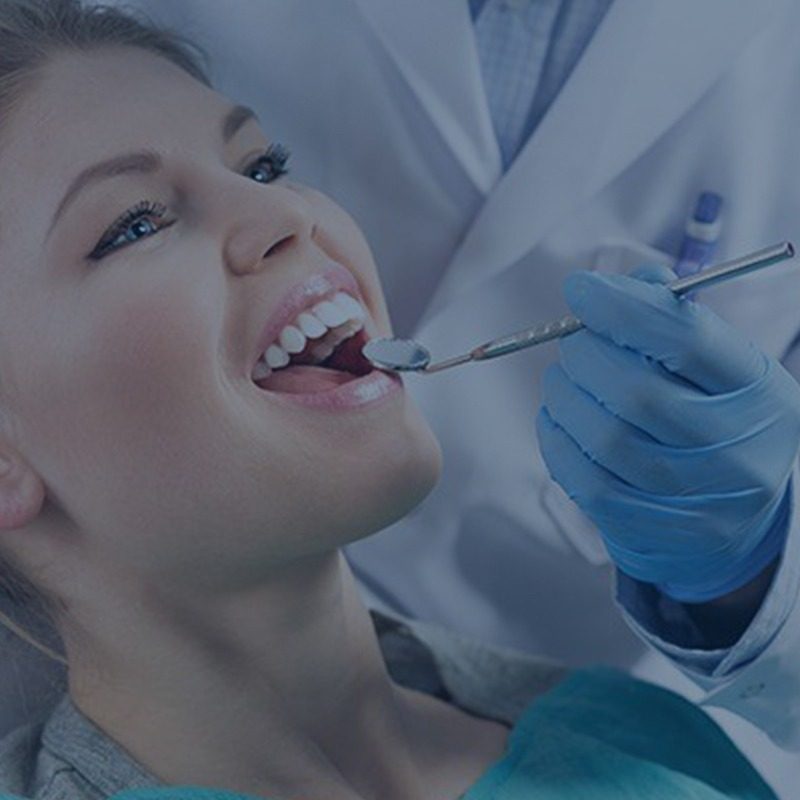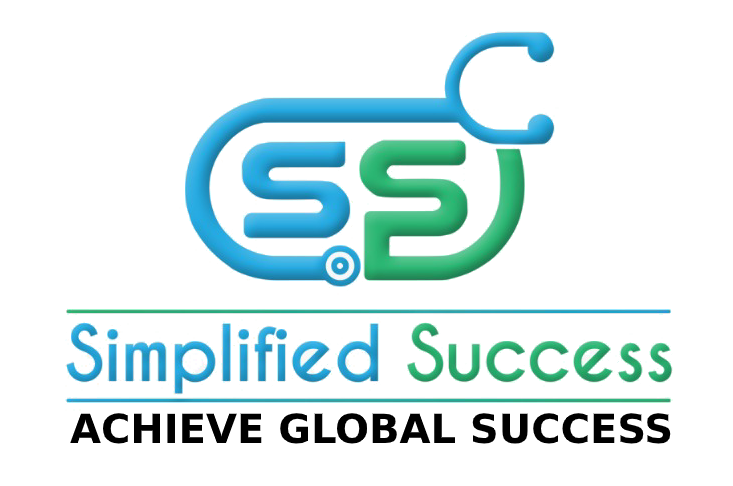BDS COURSE

BDS Eligibility Criteria
Parameters
Eligibility Criteria
Nationality
Indian Nationals
Non Resident Indians (NRIs)
Overseas Citizen of India (OCI)
Persons of Indian Origin (PIO)
Foreign Nationals (for 15% quota All India Quota only). The norms for state admissions will be different.
Qualifying Exam
Candidates have to pass a recognised Higher/Senior Secondary Examination or the Indian School Certificate Examination equivalent to 10+2 Higher/Senior Secondary Examination after a period of 12 years study
NIOS candidates are eligible for now subject to the matter subjudice in the court.
Students from Foreign/International Boards are eligible if their qualify exam meets the equivalency determined by Association of Indian Universities (AIU) as per regulations of the Medical Council of India and the concerned University.
Subjects to be studied in qualifying exam
Physics, Chemistry, Biology/Biotechnology (including practical tests in these subjects)
AND
Mathematics or any other elective subject with English as prescribed by the NCERT.
Note: Candidates who have studied Biology/Biotechnology as and additional Subject can also apply subject to the judgement of the Supreme court where the matter is subjudice.
Required Pass Percentage in 10+2 or equivalent
Unreserved candidates and OCI, NRI, foreign candidates
Must have secured at least 50% in their qualifying exam in
Physics, Chemistry and Biology/ Bio-technology taken together.
Candidates belonging to Scheduled Castes, Scheduled Tribes or Other Backward Classes (OBC)must have secured 40%
Mathematics or any other elective subject with English as prescribed by the NCERT.
Note: Candidates who have studied Biology/Biotechnology as and additional Subject can also apply subject to the judgement of the Supreme court where the matter is subjudice.
Age Limit
Candidates must have completed 17 years at the time of admission or before December 31 of the year of admission.
Candidates must have completed 17 years at the time of admission or before December 31 of the year of admission.
Candidates must be born on or after May 5,1994 for SC candidates, relaxation apply as per guidelines. Such candidates must be born on or after May 5, 1989.
The upper age limit criteria has been removed subject to the judgment pending in the Supreme Court.
NIOS candidates
Candidates who have passed 10+2 from Open School or as private candidates are eligible subject to the ruling of the court as the matter is subjudice.
Study of Biology/Biotechnology as an Additional Subject at 10+2 level
Candidates who have studied Biology/ Bio-technology as an additional subject after passing +2 level is eligible to appear in NEET (UG) – 2019 subject to the outcome of Special Leave Petitions/Appeals filed by the Medical Council of India.”
Percentile obtained in NEET UG - The percentile is determined on the basis of highest marks secured in the All-India common merit list in “National Eligibility-cum-Entrance Test for admission to BDS course.
Candidates must have obtained a minimum of 50th percentile. For SC/ST/OBC candidates, the minimum marks shall be at 40th percentile. In respect of candidates with locomotory disability of lower amendments, the minimum marks shall be at 45th percentile.”
State Admissions
While the eligibility for NEET applies to all the BDS admissions, domicile and residency regulations in addition to other eligibility criteria will be applicable as per the regulations of the respective states. Admissions will be on the basis of the State Merit List announced by each state.
BDS Course Duration
Subject
Lecture Hours
Oral & Maxillofacial Surgery
30
Conservative Dentistry & Endodontics
50
Prosthodontics and Crown & Bridge
50
Public Health Dentistry
30
Total
160
Subject
Lecture Hours
Oral & Maxillofacial Surgery
20 days
Prosthodontics
30 days
Periodontics
15 days
Conservative Dentist
10 days
Pedodontics
15 days
Oral Pathology & Microbiology
10 days
Orthodontics
10 days
Community Dentist/Rural Service
30 days
Elective
10 days
Total
180 days
All About BDS - Fees
All about BDS - List of Colleges
BDS Seats Through NEET Counselling (15%)
Types of colleges
Total Colleges
Total Seats
Government Colleges
35
339
Deemed Universities
62
3000
Central Universities
4
174
Total
101
3513
* As per the official NEET counselling website.
All about BDS - Careers after
- Set up private practice: A common option followed by many dentists who have passed and registered themselves with the Dental Council of India. This will require some amount of funds and a good location. It also will take sometime before the dentists can establish themselves.
- Consultant: In case setting up one’s own practice is not appealing, working as a consultant with established hospitals is another option. Here, one would be like an employee who is required to take on the patients who visit the hospital for their dental problems.
- Teaching: Generally freshers are not taken in for teaching. The job requires experienced doctors who can answer queries and teach well. Mostly the doctors attached to the Govt hospitals also work as consulting professors to the students at the attached colleges. However teaching is an option for dentists who have an inclination for it albeit after gaining some experience working as a dentist.
- Government Job: Most Govt hospitals, organizations, PSUs require doctors including dentists. So students can go in for these jobs for job security.
- Options Abroad: To work abroad or practice as a dentist, one needs to check the regulations of the country and fulfil them to start work.
- Further Study: Another option would be to go in for Masters in Dental Surgery. The specializations available allow dentist to choose the area in which they would like to mark their career. They have a choice of 9 specializations to choose from while pursuing their masters as given below.
- Oral Medicine, Diagnosis, and Radiology
- Oral and Maxillofacial Surgery
- Oral Pathology and Microbiology
- Conservative Dentistry and Endodontics
- Orthodontics
- Prosthodontics
- Periodontal Surgery and Oral Implantology
- Pedodontics
- Public Health Dentistry
Frequently Asked Question (FAQs) - All About BDS
Yes, only NEET qualified candidates will be considered for admission to BDS course, apart from MBBS course. Please note that the qualifying percentile and marks will be different for different categories.
The cutoff marks depends on various factors like the category of the candidate, sanctioned seats, performance of candidates in the exam. Also, the cutoff varies from one year to another.
Admission to BDS seats in dental colleges will be on the basis of NEET scores. So yes, BDS aspirants have to mandatorily take and qualify NEET exam.

